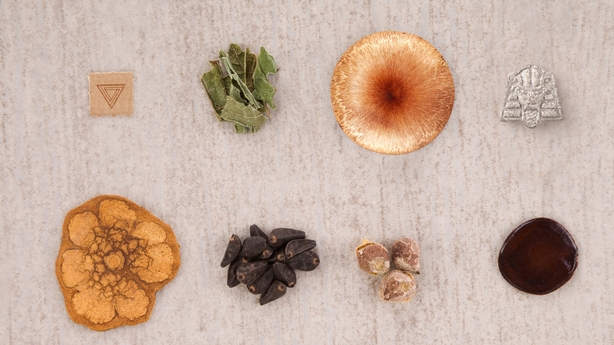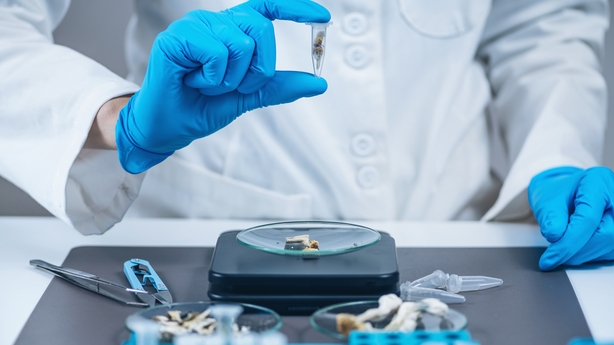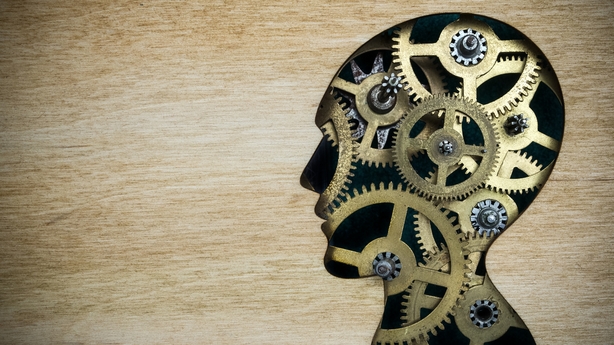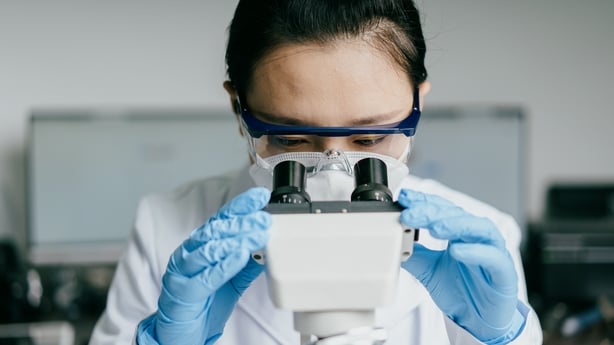Back in April of 2021, Jennifer Zamparelli spoke with Dr John Kelly on RTÉ 2FM about the magic mushroom trials aiming to help people with treatment-resistant depression.
Since then, the fascinating How to Change Your Mind documentary (based on the book of the same name by Micheal Pollan), has landed on Netflix, and has posed some interesting questions about the relationship between illegal psychedelic drugs and the mind.

Dr John returned to The Jennifer Zamparelli Show to discuss the soon to be published trials and trending documentary in more detail.
"This is the largest ever study to date by a long way: 233 participants throughout North America and Europe took part in this study over about four years, I suppose."
Ultimately, the data has shown that people with treatment-resistant depression have a 37 per cent response rate when they receive 25 milligrams of psilocybin while participants that received 10 milligrams had an 18 per cent response rate, and those that received one milligram had a 17 per cent response rate.
By response rate, Dr Kelly says that the results saw a 50 per cent reduction of depressive symptoms.

Psilocybin is found in magic mushrooms and the data suggests that it works across multiple levels of the brain in that it can take action on the serotonin system as well as alter brain activity for up to one month.
However, Dr Kelly notes that patients must have psychological support while trialing this drug, with counselling sessions both before and after a guided dose.
"It is always delivered alongside psychological support so that people are prepared for it. Lots of psycho-education, at least three sessions. People have a therapist with them for the duration of the dosing day."
"These are powerful chemicals which do result in acute alterations of people's thought processes, emotional state and perception," he continued. "It's important to prepare people as best as possible before this experience, that's why these trials are set up with therapy beforehand - this would usually comprise of three sessions with psycho-education piece predominantly."

Due to its nature, Dr Kelly says that psilocybin must be trialed in carefully monitored conditions. As well as having professionals at hand, patients were given the treatment while in a particular setting, allowing them to feel as "relaxed as possible".
"About six to eight hours is a typical duration, but don't forget this was a dose finding study so some people got 10 milligrams and some people got 1 milligram; 1 milligram is sub threshold, it's a micro-dose, it doesn't really do much and that's what the data is showing although we're seeing a bit of a placebo signal in that."

With such promising findings, it seems strange that the possibilities of using psilocybin to treat mental health issues and addiction disorders weren't discovered sooner.
However, Dr Kelly says that How to Change Your Mind explains this gap quite well, pointing to the research of the 1950s and 60s that led to the drug becoming illegal - even to scientists.
"I suppose they didn't really have the setting right with some of it and the psychological support that we mentioned. I suppose that together with things getting out of hand led to various governments making these substances illegal so there's a gap in research for several decades."
In 2022, it seems that research has well and truly returned across the globe, with studies currently on-going on both the effects of psilocybin for those with addiction disorders and the use of MDMA for those suffering with PTSD (Post-Traumatic Stress Disorder).
To hear more about this fascinating data, listen back to The Jennifer Zamparelli Show above.
If you have been affected by issues raised in this story, please visit: www.rte.ie/helplines.

